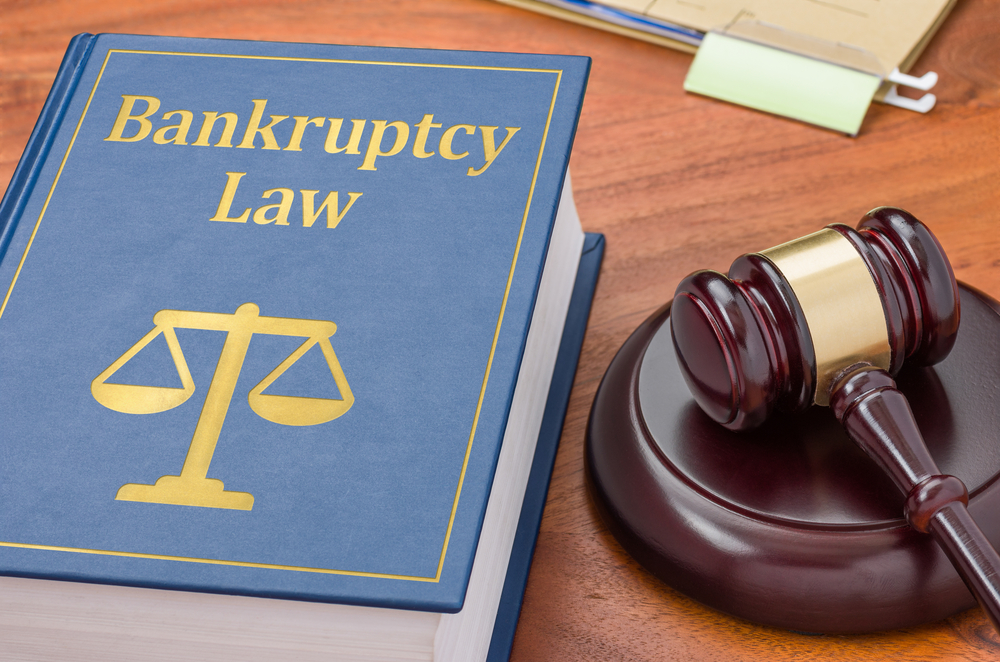You’ve probably heard about people and companies filing for bankruptcy and wonder whether it is the best decision to make. If you have been considering doing the same, you need to understand the basics of bankruptcy law and determine the pros and cons that come with it. Whereas the process could help to clear some of your debts, it attracts numerous consequences that you should be aware of. Below are some of the pros and cons of filing for bankruptcy.
The Pros of or Advantages to Filing for Bankruptcy
One of the main reasons people file for bankruptcy is that it could help to clear some of their debts. Many people would want their debts to be forgiven when they are struggling financially so that these debts are no longer their responsibility. Being unable to meet your debt obligations can be devastating and having them legally waived can provide much-needed relief. If you file for Chapter 13, you may be able to reorganize your debts or consolidate all of them into one periodic payment, allowing you to manage them better and more affordably. Upon filing for bankruptcy, your court may issue what is known as “an automatic stay”, which means your creditors will be prevented from attempting to collect their money. This means no more stressful phone calls and other forms of communication from collection agencies.
There are some misconceptions about the process and some people think that filing for bankruptcy causes you to lose your property. Bankruptcy exemptions under federal and state laws prevent bankruptcy trustees from seizing your assets when you file for Chapter 7 bankruptcy. This allows you to keep some of your valuables, including your house, jewelry, clothing, and other personal belongings. Also, you shouldn’t worry that your boss will fire you from your job upon filing for bankruptcy, as bankruptcy laws do not allow your employer to discriminate against you for filing.
The Cons of or Disadvantages to Filing for Bankruptcy
Whereas filing for bankruptcy can discharge some of the debts, it will not get rid of all of them. Some of the debts that tend to remain include child support and alimony payments, recent back taxes, government agency fines, and most student loans. Also, you keep your exempt property but lose any non-exempt property. This may include your most valuable assets such as vehicles, bonds, stocks, houses, and cash.
By filing for bankruptcy, you will also be straining your credit history for a decade. This makes it very difficult to secure a consumer or business loan. Even if you manage to secure a credit card or loan in the future, the loan will attract a ridiculously high-interest rate because lending institutions will see you as a high-risk borrower.
You should also remember that filing for bankruptcy can be expensive, with filing fees, attorney fees, credit counseling fees, and bankruptcy trustee fees taking a big chunk of your money. All these can add up and make it very expensive for you considering that you are filing for bankruptcy because of financial challenges.
Overall, filing for bankruptcy is not advisable, but if you reach a point where you cannot meet your financial obligations and are on the verge of losing your property to creditors, you may have to make that difficult decision to protect your assets and prevent debt collection agencies from harassing your with numerous phone calls and letters. Just ensure you know the potential benefits and consequences associated with the same. You may also ask your attorney to advise you on the best action to take.

